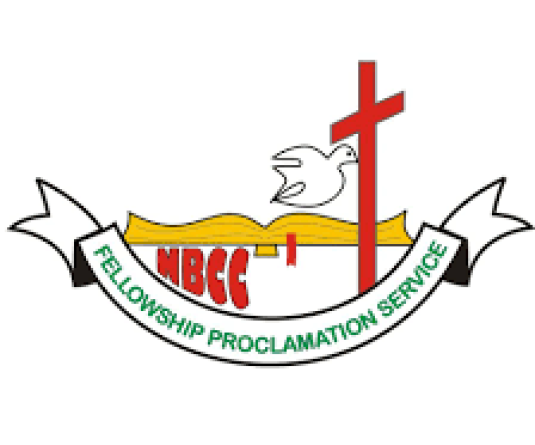
On September 27, 2025, in the heart of Zunheboto, a momentous convergence unfolded, one that may well be remembered as a defining moment in the long and complex journey of the Naga people. Like the Jotsoma and Ungma meetings hosted by the Angami Public Organization and Ao Senden respectively, the Zunheboto gathering, hosted by the Sumi Hoho was not merely another event in the calendar of reconciliation. It was a spiritual and political threshold, a forward step not born of naïve optimism but of hope, that quiet, persistent force that endures even when the road ahead is obscured by fatigue and fragmentation.
The Forum for Naga Reconciliation (FNR), fifteen Naga Political Groups (NPGs), and thirty-three tribal hohos came together in Zunheboto under one roof, not to rehearse old grievances, but to listen, to speak, and to move forward. The gathering was truly a testimony to humility. It was a moment when the grassroots, the villages, the churches, the elders, and the youth rose to remind the leaders that the yearning of the people is clear that the Nagas desire peace and justice.
Dr. Vihuto Asumi, President of the Sumi Hoho, opened the meeting with stories that were not political declarations but parables of generosity. Villages brought fresh vegetables, fruits, and livestock. One village donated a mithun, another brought river fish. These were not mere offerings as much as signs. Signs that the soul of the Naga people is still intact, still capable of compassion, still willing to sacrifice for the greater good. In these gestures, we saw the sacredness of community, the quiet power of shared responsibility, and the deep longing for unity.
Akukau Hetoho S Zhimomi, President of the Sumi Kukami Hoho, spoke with the clarity of a guardian. “We do not fear speaking the truth,” he said. “And the truth today is this: our people cannot be held hostage any longer to selfishness, ego, and power struggles.” His words echoed through the hall for the end of an era. The guardians of the villages were not asking but, they were declaring. The time for division has passed. The time for unity has come.
The meeting culminated in the adoption of the “Zunheboto Resolution,” a document that may one day be seen as a covenant of courage. It affirmed unity under one Naga Machang, called for genuine forgiveness among all Naga groups, and emphasized collective ownership of the Naga political journey. The resolution was not a technical roadmap, it was a moral summon. It did not offer easy answers but demanded hard choices. It asked the NPGs to come together under one platform, not for negotiation alone, but for healing.
Accordingly, the second point of the Zunheboto Resolution affirmed all Naga civil and religious bodies to support the Naga Machang. “The Naga Machang is the common ground for all Nagas to unite on the basis of the historical and political rights.” Nagas are now in a hope-filled moment. We appeal to the people of our land to remain hopeful even when challenges surround us.
The Naga Machang, under the Council of Naga Cooperation and Relationship (CNCR)is a shift from fragmented dialogues to a shared table. The CNCR is not an administrative body but it is a spiritual space, a Machang where truth can be spoken, wounds can be acknowledged, and reconciliation can be pursued with dignity.
For decades, the Naga political landscape has been marked by fragmentation. Ceasefires were signed, covenants were declared, but unity remained elusive. The Zunheboto meeting did not erase this history, it honored it. It acknowledged the pain, the mistrust, the betrayals. But it also offered something new, a fellowship. Not the fellowship of agreement, but the fellowship of shared longing. The longing to be whole again.
Niketu Iralu, a member of the FNR, observed that it was the NPGs themselves who requested the presence of tribal hohos. This reversal, from top-down mandates to bottom-up participation is profound. “It means that the political groups are beginning to listen. And when leaders listen to the people, transformation becomes possible.”
The Zunheboto gathering was not only political but it was deeply spiritual. The resolution called upon churches to hold special prayer sessions throughout October. This is not incidental. For the Naga people, faith is not a private affair, it is the heartbeat of identity. Prayer is not a retreat from politics, it is its foundation. It is where courage is born, where forgiveness is nurtured, and where vision is clarified.
The Naga journey is long. It is marked by pain and promise. But Zunheboto reminds us that even in the midst of weariness, hope can rise. Even when we are overwhelmed, there is always something we can control, however small.
The Naga people have spoken. Through their leaders, their hohos, their churches, their villages. They have said, we desire peace. We desire justice. We desire unity.
May Zunheboto be remembered not as a meeting, but as a movement. May we, as companions on this journey, walk gently, speak truthfully, and love fiercely.
Forum for Naga Reconciliation
October 4, 2025



.jpg)
.jpg)

